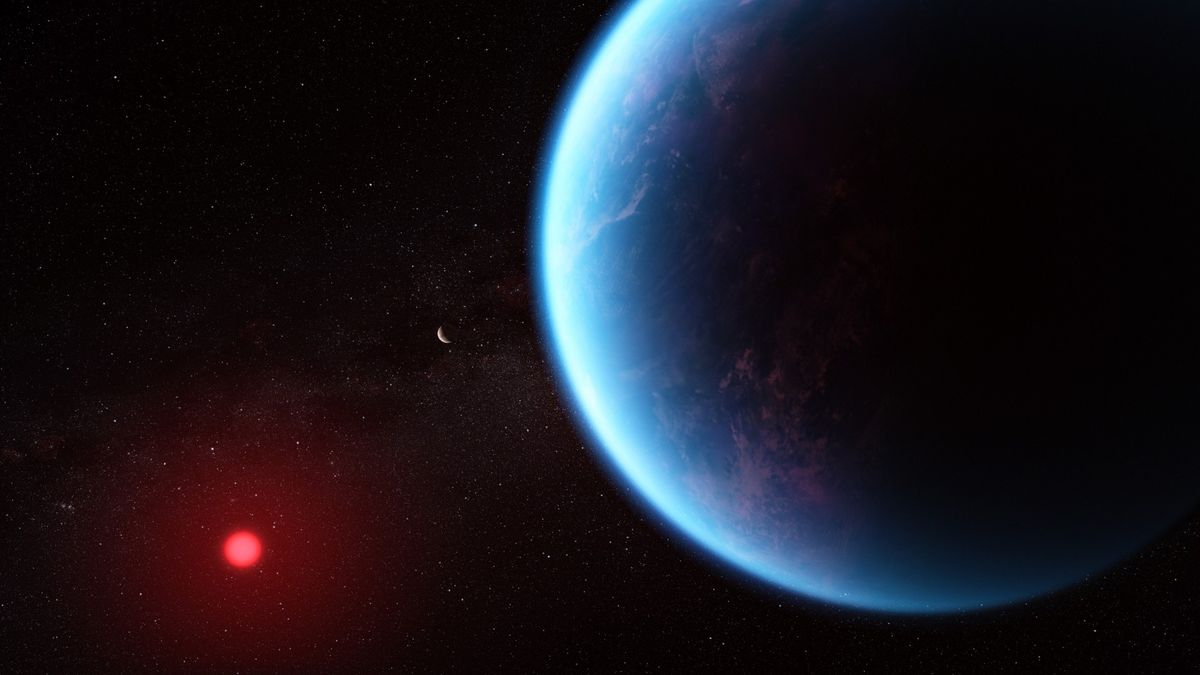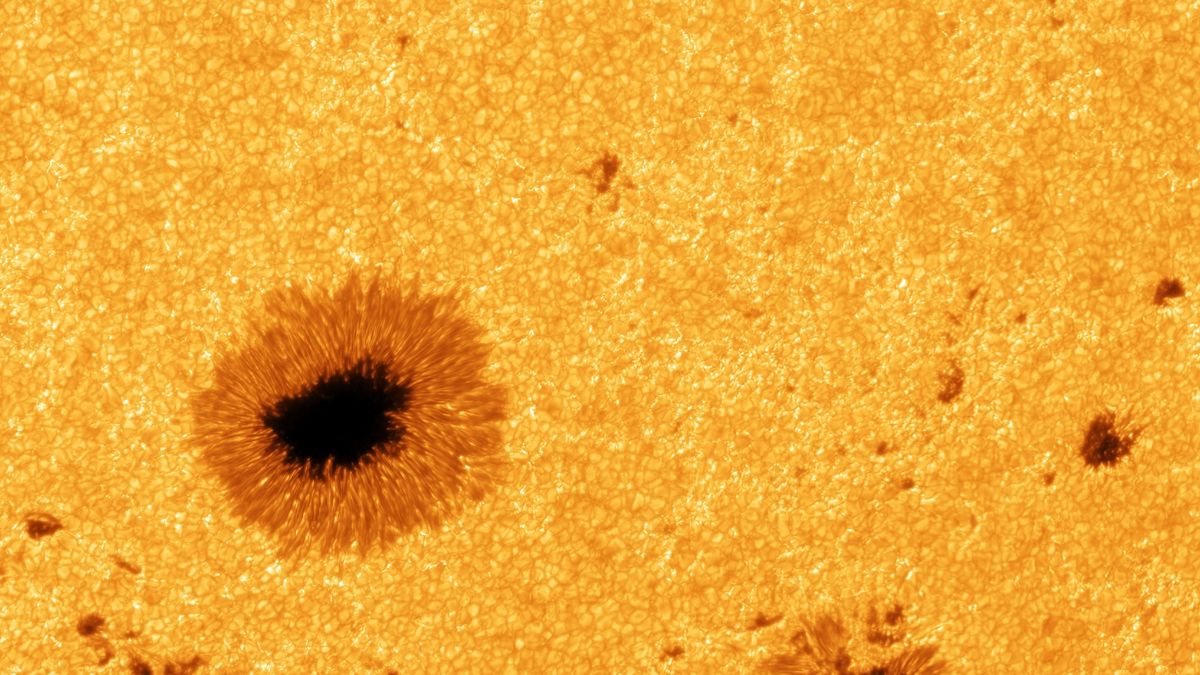Now Reading: Scientists Cast Doubt on Potential Signs of Life on Exoplanet K2-18b
-
01
Scientists Cast Doubt on Potential Signs of Life on Exoplanet K2-18b
Scientists Cast Doubt on Potential Signs of Life on Exoplanet K2-18b

Fast Summary:
- Scientists from Cambridge University reported the detection of dimethyl sulfide (DMS), a potential biomarker produced by marine life on Earth, in the atmosphere of exoplanet K2-18b located 124 light-years away.
- This claim included evidence that K2-18b might be a “Hycean world,” capable of hosting liquid water oceans, sparking debates about its ability to support life.
- Follow-up studies have questioned these findings, arguing that the evidence for DMS is not statistically significant and may be explained by abiotic processes producing similar molecules.
- A joint analysis reexamined data from NASA’s james Webb Space Telescope (JWST) using multiple instruments and concluded earlier signals had been likely overestimated.
- Researchers noted challenges in distinguishing molecular signatures due to technical limitations, such as faint signals and overlapping spectral features.
- Media coverage has fueled public excitement despite researchers warning against overstating claims before rigorous confirmation.
Image credit: NASA, ESA, CSA, Joseph Olmsted. Illustration depicts what K2-18b may look like.
!K2-18b Illustration
Indian Opinion Analysis:
The scrutiny surrounding claims of detecting biosignatures on exoplanet K2-18b highlights critical aspects of scientific progress-an iterative process involving hypothesis validation through rigorous peer review and data cross-examination.While findings from JWST showcase India’s investment in global space exploration as relevant due to its advancements in astrophysics via ISRO missions like Chandrayaan and Aditya-L1 satellites enriching planetary science discussions globally. Media narratives amplifying premature conclusions risk diluting public trust in scientific inquiry; adhering to Carl Sagan’s principle that “extraordinary claims require extraordinary evidence” is vital when reporting transformative discoveries.
For India’s emerging space research ecosystem-including increasing collaborations with international entities such as NASA-this case serves as guidance on tempering expectations while rigorously validating results before dissemination. Aspiring scientists can also learn lessons regarding ethical dialogue practices rooted deeply within empirical disciplines pivotal amidst accelerating AI-next telescopic capabilities reshaping future analysis bases both flor terrestrial models/extensions
























